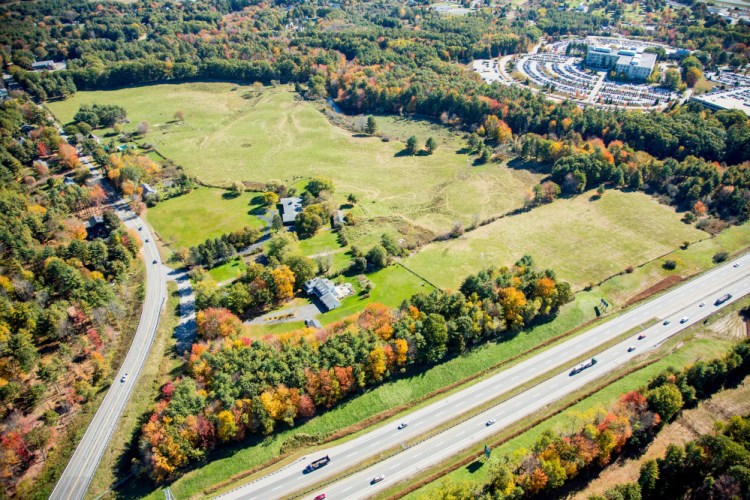Portland voters narrowly rejected a proposal that would have allowed residents to block rezoning in their neighborhoods.
The final tally on Question 2 came down to a difference of fewer than 1,200 ballots. Residents voted 53 percent to 47 percent, or 10,887 to 9,747, against the proposal.
The referendum comes as Maine’s largest city experiences a boom of development, including market-rate housing, hotels and office buildings. The question was a citizens’ initiative from neighbors who opposed a large housing project on the outskirts of the city. If approved, the change could have affected that planned subdivision and other projects, such as a cold storage warehouse planned for the city’s waterfront.
The Stroudwater neighborhood, where the ballot question was born, ultimately rejected it. Neighborhoods on the peninsula were more favorable, however.
The City Council currently makes decisions about changing zoning rules for land use – such as building heights and housing density – based on recommendations from the Planning Board, community meetings and public hearings.
The proposed ordinance would have allowed neighbors of a property targeted for rezoning to block it if enough of them signed a petition to do so. The applicant would then have had the opportunity to reinstate the zoning change by gathering signatures in support of it.
The ballot question came from neighbors of Camelot Farm, 45 acres of fields that the city has rezoned to allow a greater density of homes to be built there. Give Neighborhoods a Voice, the group that wrote the ordinance proposal and collected signatures to get it on the ballot, had said it would give Portland residents more leverage during the planning process. “If you have no power, no one bothers to negotiate with you,” Mary Davis, a founding member of Give Neighborhoods a Voice, said before Election Day. “If you have power, there is an incentive for people to negotiate with you.”
Davis did not return a call for comment Tuesday evening.
One Portland, which opposed Question 2, had argued it would give a small number of residents the power to stop development that would benefit the entire city. Heather Sanborn, the group’s spokeswoman, said she felt the planning process could be improved in Portland, but this proposal was not the best solution.
“We’re feeling really relieved,” said Sanborn, who is also a state representative and co-owner of Rising Tide Brewing Co. “We feel like this will allow our city to continue moving forward with our collective vision for a vibrant Portland.”
If approved, the ordinance would have blocked changes to zoning land use rules from moving forward if 25 percent of the registered voters who reside or own property within 500 feet of the zone change sign a petition in opposition. Developers could have overcome that opposition by collecting signatures from a majority of registered voters living within 1,000 feet of the proposed zone change in a 45-day period. It would have been retroactive to May 15, 2017.
Other questions on the Portland ballot, like a rent-control proposal, drew more comment from voters at the polls. But Kristina Bartlett, 32, said she came out in particular to vote no on Question 2.
“A small number of people can essentially stonewall a project that needs to happen,” Bartlett said outside the Portland Exposition Building.
The ballot question’s opponents were far more organized and well-funded than its backers.
Give Neighborhoods a Voice had not reported any financial activity before the Oct. 24 deadline for the most recent reports.
One Portland raised more than $58,000 to go along with the roughly $31,400 it had on hand going into October. Opponents included a coalition of business owners and developers, affordable housing advocates and fishermen, who support the development of a cold storage warehouse on the waterfront.
Megan Doyle can be contacted at 791-6327 or at:
mdoyle@pressherald.com
Twitter: megan_e_doyle
Send questions/comments to the editors.



